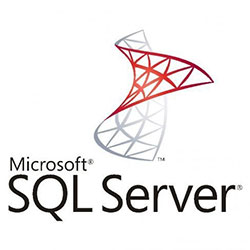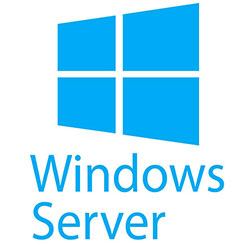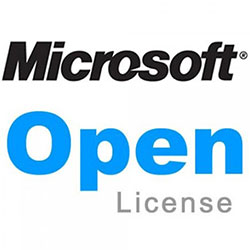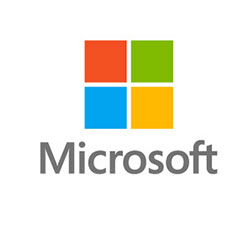Licensing
SQL Server Licensing
SQL Server 2016 is Microsoft’s relational database server-based software which provides all the development and management for databases. Microsoft offers its flagship database server software in two editions, Standard and Enterprise. The Standard edition offers the basic database as well as reporting and analytics. The Enterprise version provides the same software as Standard but with the addition of tools used in analyzing both business and financial data, development of mission critical applications as well as features for data warehousing.
As implied by the two different versions, Microsoft licenses these in different ways. The Standard version makes use of both the server/CAL and core-based licensing models. However, the Enterprise edition only offers core-based licensing for the version.
Core-based licensing requires a minimum of four server cores and an equal number of SQL server software copies. More cores can be licensed, but more copies must be obtained. Meanwhile, the server/CAL licensing model provides a license per server. However, each user or device which will be accessing the server must also have an access license. As such, the exact number of users and devices must be known and licensed.
Windows Server Licensing
Microsoft’s latest server operating system, Windows Server 2016, features the latest in server computing technologies including cloud readiness. There are three main versions of Windows Server 2016, Data-center, Standard and Essentials editions. Each of these editions offers variations of the operating system to power business applications via the newest innovations even on the cloud.
With the arrival of Windows Server 2016, Microsoft shifted from a processor-based licensing model to one which is centered around the number of cores which provides greater consistency for licensing metrics even across multi-cloud environments. Additionally, this new licensing model improves workload portability and removes friction between conflicting licensing models.
Server-based CAL’s are still required in licensing which includes a CAL for the server and one for every user or device which will be accessing the server. This requires maintenance of the number of CAL licenses needed by an organization.
The core-based licensing model requires a minimum of eight cores in a processor and a minimum of two processors per server. Licensing for Hyper-V virtual machines also require additional licensing per core used. Consult with your sales representative for pricing options and packages.
Microsoft Open Licensing
Using its open licensing program, Microsoft offers a variety of organizations the opportunity to purchase volume licenses at a reduced price. The licensing program is ideal for organizations such as charities, schools, businesses and government varying in size from 2 to 250. The program can also accommodate up to 750 machines.
Microsoft Open Licensing is comprised of three main programs, Open License, Open Value and Open Subscription. The Open License program is further sub-divided into Open License for Charities, Open License for Government and Open License for Education. Open License for Charity offers a reduced cost licensing program to eligible charities only through Microsoft resellers over a renewable two-year period. Open License for Government is also a two-year program with perpetual licensing but also offers solutions such as Open Value and Open Subscription for Government. This government program uses different partner channels and pricing. Open License for education provides lower cost licensing for eligible academic organizations and is only offered through qualifying program resellers.
The primary business licensing programs work on two-year agreements with perpetual licensing. Open License is available through any Microsoft reseller and provides qualifying businesses with lower cost licensing options as a pay-as-you-go program. The Open Value licensing program is similar but allows for annual payments rather than upfront purchases. The Open Subscription licensing option provides the most flexible avenue for less expensive licensing for qualifying businesses. Instead of using perpetual licensing, subscriptions allow for flexible licensing counts through the Microsoft Software Assurance program. All three of these business licensing programs provide Software Assurance.
Microsoft Audit Recovery
While software audits by Microsoft can occur, correct planning and licensing often help mitigate such occurrences. Properly managing CALs for various Microsoft products can also reduce costs. An audit from Microsoft can correct several licensing issues, so management should be a priority to avoid budgetary overruns, unforeseen fees or even legal issues. Royal discount provides licensing assistance when Microsoft products are acquired with additional consultation to reduce cost and fraudulent software exposure.
Additionally, misuse of software can incur worse problems with security, virus and data loss possible. With a solid approach, businesses can avoid these problems as well as frustrating audits by Microsoft which can lead to fees or legal issues. Royal discount protects client privacy and never discloses any information to Microsoft regarding client environments. Engage one of our representatives to explore your best options for properly licensing your Microsoft products.
Showing the single result





